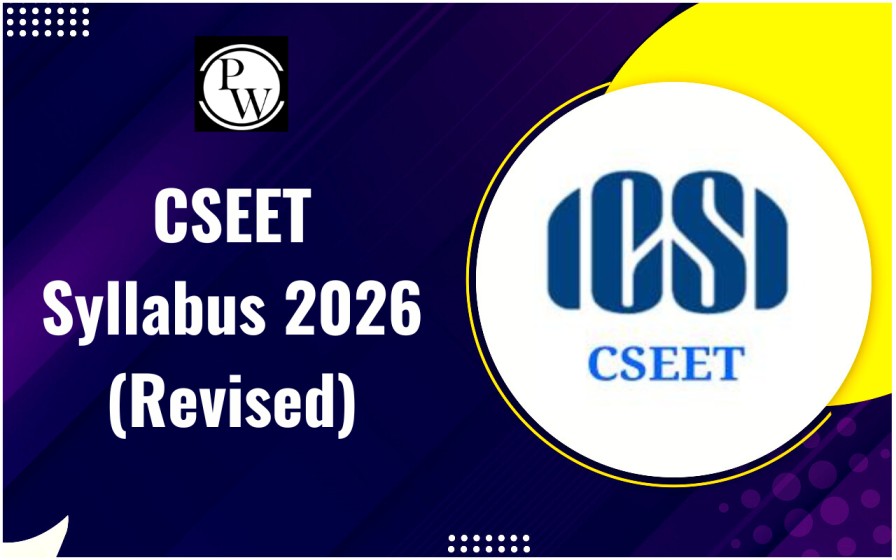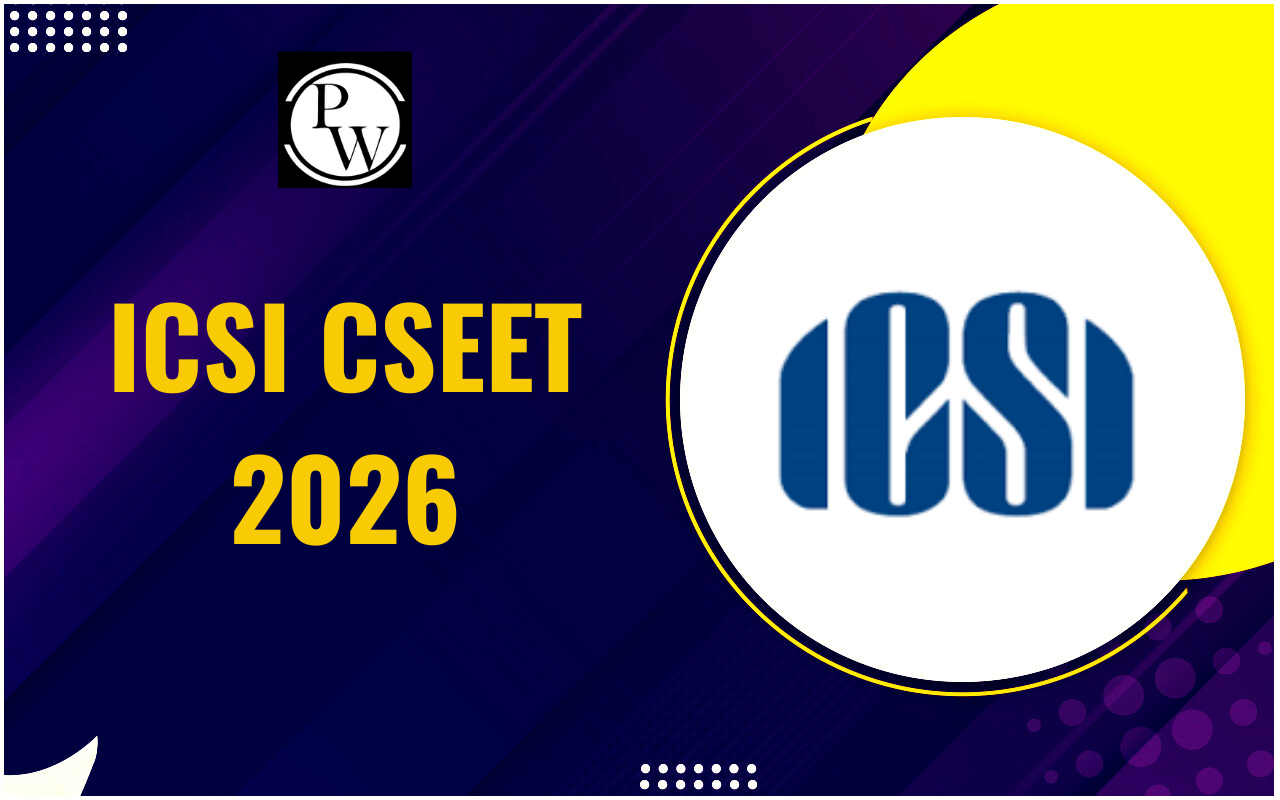
The rapid growth of information technology has revolutionized the way we communicate, transact, and conduct business. To regulate and facilitate the legal aspects of the digital world, India enacted the Information Technology Act, 2000. This article explores the key aspects of Law relating to Information Technology, including definitions of basic expressions, digital and electronic signatures, audit of electronic documents, attribution and dispatch of electronic records, certifying authorities, penalties and adjudications, failure to furnish information penalties, the Cyber Regulation Appellate Tribunal, and cyber offences.
Introduction
The Information Technology Act, 2000, commonly known as the IT Act, was established to provide legal recognition to electronic transactions and to combat cybercrime. The Act aims to create a robust legal framework to support the growth of e-commerce and to ensure security and trust in the digital environment.Definitions of Basic Expressions
Key terms defined under the IT Act include:- Electronic Record : Data, record, or data generated, image, or sound stored, received, or sent in an electronic form.
- Computer : Any electronic, magnetic, optical, or other high-speed data processing device.
- Data : A representation of information, knowledge, facts, concepts, or instructions intended for processing in a computer system.
Digital Signature and Electronic Signature
The IT Act differentiates between digital signatures and electronic signatures:- Digital Signature : A subset of electronic signatures, created using asymmetric cryptosystem and hash function, ensuring the authenticity and integrity of electronic records.
- Electronic Signature : Any electronic method of signing an electronic document that is reliable and agreed upon by the parties involved, encompassing a broader range of technologies beyond digital signatures.
Audit of Documents Maintained in Electronic Form
The Act mandates that documents maintained in electronic form should be audited to ensure their integrity, reliability, and accessibility. Regular audits help detect and prevent unauthorized alterations, ensuring compliance with legal and regulatory standards.Attribution and Dispatch of Electronic Records
Attribution refers to identifying the originator of an electronic record, while dispatch pertains to the time and manner in which the record is sent. The IT Act specifies that an electronic record is attributed to the originator if it was sent by the originator or by an agent authorized to act on their behalf.Certifying Authorities
Certifying Authorities (CAs) are entities licensed to issue digital signature certificates. They ensure the authenticity of public keys used in digital signatures, thereby facilitating secure electronic transactions. The Controller of Certifying Authorities (CCA) regulates and oversees CAs in India.Penalties and Adjudications
The IT Act prescribes penalties for various contraventions, such as unauthorized access, data theft, and damage to computer systems. Adjudicating officers, appointed under the Act, are empowered to impose penalties and adjudicate disputes involving cyber contraventions.Penalty for Failure to Furnish Information, Return, etc.
Failure to furnish required information, returns, or documents to authorities as mandated by the IT Act can result in penalties. The Act ensures compliance by imposing fines and, in some cases, imprisonment for non-compliance, thereby promoting accountability.Cyber Regulation Appellate Tribunal
The Cyber Regulation Appellate Tribunal (CRAT) is established to hear appeals against decisions of adjudicating officers. It provides a mechanism for redressal and ensures that justice is delivered efficiently in cases involving cyber disputes and penalties.Offences
The IT Act enumerates several cyber offences, including:- Hacking : Unauthorized access and damage to computer systems.
- Identity Theft : Fraudulently using another person's identity to gain benefits.
- Cyber Terrorism : Acts that threaten national security using computers.
- Obscenity and Pornography : Publishing or transmitting obscene material in electronic form.
- Phishing : Fraudulently obtaining sensitive information by posing as a trustworthy entity.
Conclusion
The Information Technology Act, 2000, is a cornerstone of India's legal framework in the digital era. By defining key terms, establishing the validity of electronic signatures, regulating certifying authorities, and prescribing penalties for cyber offences, the Act ensures a secure and trustworthy digital environment. The provisions for audits, adjudications, and appeals further reinforce the integrity of electronic transactions and data. As technology continues to evolve, the IT Act remains pivotal in addressing emerging challenges and safeguarding the interests of individuals and businesses in the digital realm.Law relating to Information Technology FAQs
What is the purpose of the Information Technology Act, 2000?
The IT Act aims to provide legal recognition to electronic transactions, facilitate e-commerce, regulate digital signatures, and combat cybercrime in India.
What are digital signatures under the IT Act?
Digital signatures are a subset of electronic signatures created using asymmetric cryptography to authenticate and ensure the integrity of electronic records.
What role do Certifying Authorities (CAs) play under the IT Act?
Certifying Authorities issue digital signature certificates that verify the authenticity of public keys used in digital signatures, thereby enabling secure electronic transactions.
What penalties are prescribed for cyber offences under the IT Act?
The Act stipulates penalties for offences such as hacking, identity theft, cyber terrorism, and dissemination of obscene material in electronic form, ranging from fines to imprisonment.
How does the IT Act handle disputes related to cyber contraventions?
Adjudicating officers appointed under the Act have the authority to impose penalties and resolve disputes concerning cyber offences. Appeals against their decisions can be heard by the Cyber Regulation Appellate Tribunal (CRAT).
🔥 Trending Blogs
Talk to a counsellorHave doubts? Our support team will be happy to assist you!

Check out these Related Articles
Free Learning Resources
PW Books
Notes (Class 10-12)
PW Study Materials
Notes (Class 6-9)
Ncert Solutions
Govt Exams
Class 6th to 12th Online Courses
Govt Job Exams Courses
UPSC Coaching
Defence Exam Coaching
Gate Exam Coaching
Other Exams
Know about Physics Wallah
Physics Wallah is an Indian edtech platform that provides accessible & comprehensive learning experiences to students from Class 6th to postgraduate level. We also provide extensive NCERT solutions, sample paper, NEET, JEE Mains, BITSAT previous year papers & more such resources to students. Physics Wallah also caters to over 3.5 million registered students and over 78 lakh+ Youtube subscribers with 4.8 rating on its app.
We Stand Out because
We provide students with intensive courses with India’s qualified & experienced faculties & mentors. PW strives to make the learning experience comprehensive and accessible for students of all sections of society. We believe in empowering every single student who couldn't dream of a good career in engineering and medical field earlier.
Our Key Focus Areas
Physics Wallah's main focus is to make the learning experience as economical as possible for all students. With our affordable courses like Lakshya, Udaan and Arjuna and many others, we have been able to provide a platform for lakhs of aspirants. From providing Chemistry, Maths, Physics formula to giving e-books of eminent authors like RD Sharma, RS Aggarwal and Lakhmir Singh, PW focuses on every single student's need for preparation.
What Makes Us Different
Physics Wallah strives to develop a comprehensive pedagogical structure for students, where they get a state-of-the-art learning experience with study material and resources. Apart from catering students preparing for JEE Mains and NEET, PW also provides study material for each state board like Uttar Pradesh, Bihar, and others
Copyright © 2026 Physicswallah Limited All rights reserved.









